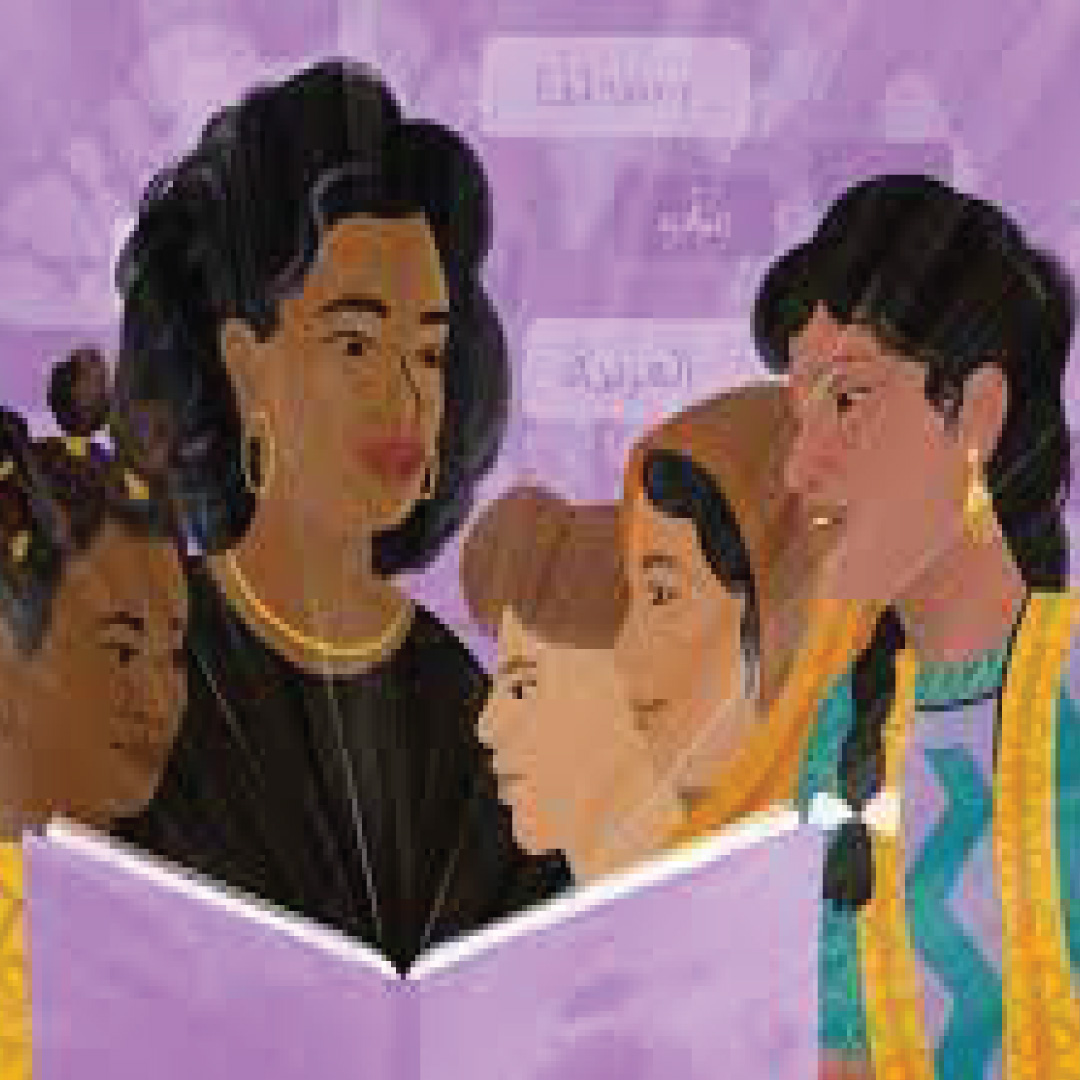The “No Language Left Behind” NLLB-200 is the first single AI model to translate across 200 different languages, including 55 African languages, with cutting-edge outcomes, according to a statement from Meta. Meta is enhancing and expanding translations on Facebook, Instagram, and Wikipedia utilizing the modeling techniques and lessons learned from the project.
This single AI model was developed with an emphasis on African languages in an effort to establish high-quality machine translation capabilities for the majority of the world’s low-resource languages. They provide difficulties for machine translation. There isn’t a lot of human-translated training data available for these languages, and AI models need a ton of data to learn. For instance, more than 20 million people speak and write in Luganda, but it is quite difficult to discover examples of this written language online.
To create a trustworthy benchmark that can automatically evaluate translation quality for several low-resource languages, Meta collaborated with native speakers of each of these languages. In order to perform human review as well, Meta collaborated with qualified translators; that is, native speakers of the target languages assessed the AI’s output.
Only a small portion of the population may access content and contribute to the web in their native language due to the fact that a small number of languages predominate the internet. More than 4 billion people worldwide are currently denied access to the internet because they do not speak one of the few languages in which content is available. Meta wants to change this by developing more inclusive machine translation systems.
The Extent To Which AI is Enhancing All Of Our Offerings Is Amazing
We recently released an AI model that we developed that can translate between 200 distinct languages, many of which are not currently supported by translation tools. CEO of Meta Mark Zuckerberg wrote on his Facebook page, “We call our initiative No Language Left Behind because the AI modeling techniques we utilized are helping generate high-quality translations for languages spoken by billions of people around the world.
To give an idea of the scope, we trained the 200-language model using our new Research SuperCluster, one of the fastest AI supercomputers in the world, which has over 50 billion parameters. More than 25 billion translations will be possible thanks to these developments each day across all of our apps.
Read Also : Seamfix Pledges to Facilitate Digital Identity Issuance
One superpower that AI offers is the ability to communicate across language barriers, but as we continue to advance our AI research, it’s improving everything we do, from displaying the most interesting content on Facebook and Instagram to suggesting more pertinent ads to keeping our services safe for everyone.
Language barriers are present every day across the continent of Africa, which has a very high level of linguistic diversity. The launch of the AI model was announced by Balkissa Ide Siddo, Public Policy Director for Africa. “We are pleased to announce that 55 African languages will be included in this machine translation research, making it a major breakthrough for our continent,” she said.
What No Language Left Behind AI Model Offers
“We hope that research like this leads us to a future when you can browse your favorite Facebook group, come across a post in Igbo or Luganda, and be able to understand it in your own language with just the click of a button. Additionally, highly accurate translations into new languages could aid in identifying damaging information and disinformation, preserving the integrity of elections, and reducing instances of online human trafficking and sexual exploitation.
Ide Siddo added, “At Meta, we are working today to ensure that as many people as possible will be able to access the new educational, social, and economic opportunities that the next evolution of the internet will bring to future technology and a daily living experience tomorrow.” This was in reference to accessibility and inclusion in the pursuit of building an equitable metaverse.
Meta also developed a new evaluation dataset, FLORES-200, and evaluated NLLB-200’s performance in each language to verify that the translations are of a good caliber. The results showed that the NLLB-200 outperforms the prior state of the art by an average of 44%.
In order to encourage other academics to expand on this work across additional languages and create more inclusive technologies, Meta is also open-sourcing the NLLB-200 model and disseminating a plethora of research tools. Additionally, Meta AI is offering grants of up to $200,000 to nonprofit organizations for NLLB-200 real-world applications.
Wikipedia Is Available in More Than 300 languages
Most of the languages contain a much smaller number of entries than the 6+ million in English. The modeling methods and findings from the NLLB research are now also being applied to translation systems used by Wikipedia editors as a result of Meta’s cooperation with the Wikimedia Foundation, the nonprofit organization that houses Wikipedia and other free knowledge projects.
More than 20 low-resource languages (those without large datasets to train AI systems) can now be quickly translated into articles using the Wikimedia Foundation’s Content Translation Tool, including 10 that were not previously supported by any machine translation tools on the site.
Visit here to view an NLLB-200 demo demonstrating how the model can interpret stories from different cultures. You can read the research article right here as well.
